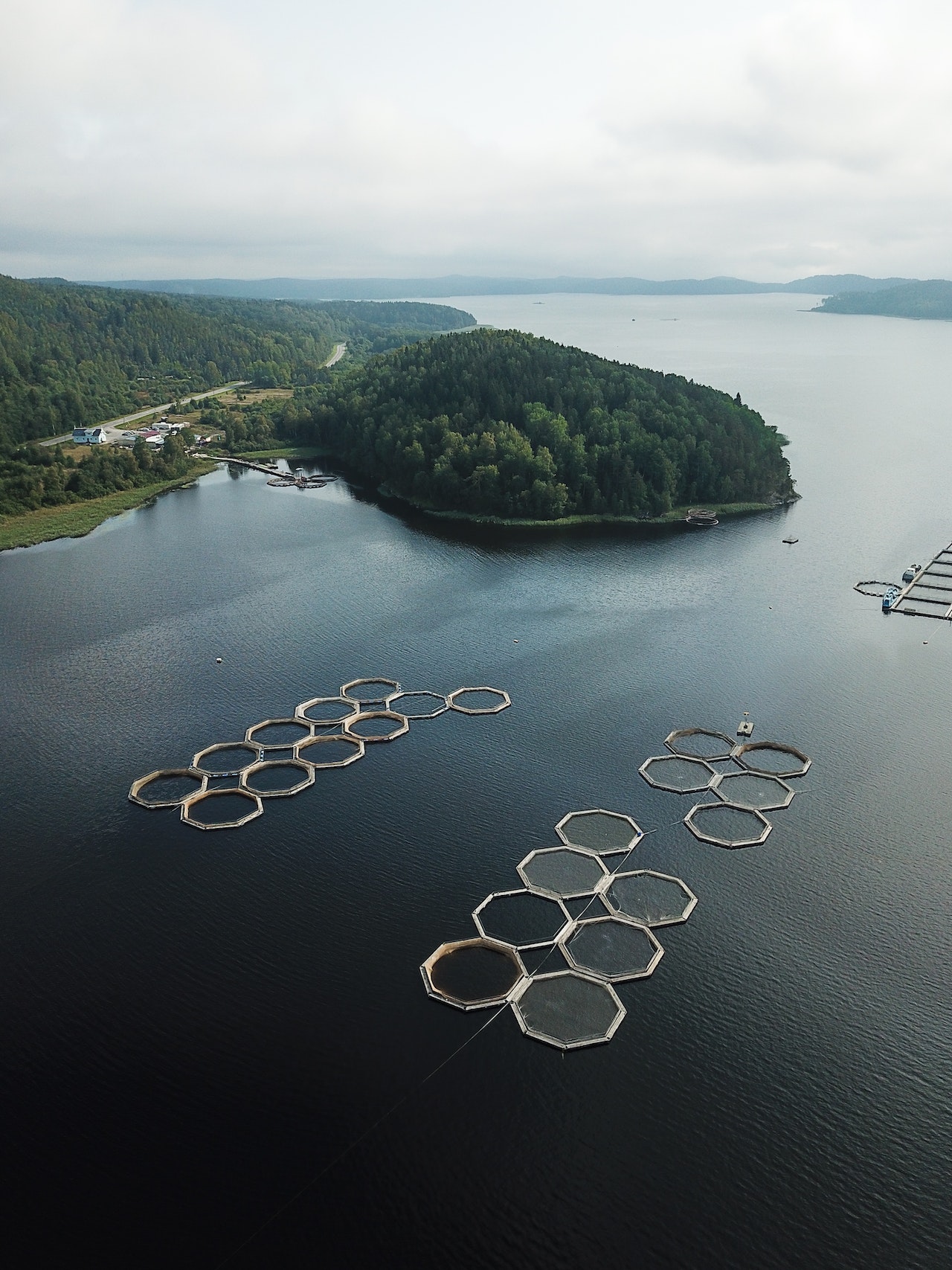Fish Farming In Ghana: How To Get Started With Aquaculture
Fish Farming In Ghana: How To Get Started With Aquaculture
Cultivating fish as a source of food is not a new fad. Cultivating sea animals and freshwater creatures has been around for decades. However, the trend has gained traction recently. The good news is that it means there are more job opportunities and scope to grow your business in the aquaculture sector. There are several benefits associated with aquaculture, including the potential to reduce pressure on wild fish stocks and provide a source of healthy, affordable food for communities that struggle to access it. In addition, aquaculture can also be a source of high-value products such as omega-3 oils from salmon or trout or other specialty markets like eels and koi carp. If you are keen to explore this opportunity further, read on to know how you can get started with aquaculture in Ghana.
What is aquaculture?
Aquaculture is the cultivation of aquatic species in either freshwater or marine environments. This practice is undertaken for food, recreation, competition, conservation, or research. It usually involves growing fish or plants (vegetables) in water, either in ponds or in tanks or other containers. There are several advantages of aquaculture compared to harvesting wild fish, such as it allows fish farmers to harvest a sustainable amount each day, whereas wild fish stocks are depleted daily regardless of the number that is taken.
Why invest in fish farming?
Fish farming is a great way to produce protein-rich food that can be used to help feed the world’s growing population. Plus, aquaculture is a very sustainable food production method since it uses less land than other forms of food production. It’s also very cost-effective to set up a fish farming operation since you don’t need to buy expensive land or grow crops to feed your fish. In addition, the demand for fish is rising each year. It is expected that the global production of fish will rise from 90 million tonnes in 2016 to 105 million tonnes in 2030. Rising incomes in emerging economies, population growth and demand for healthy food are expected to drive global fish consumption. Fish is a rich source of protein, vitamins, minerals and other nutrients that are essential for proper human growth and development. So, increased demand for fish will drive demand for fish farmers and fish farming activities, which can lead to more employment opportunities.
How to get started with aquaculture?
If you are planning to enter the aquaculture business, the first decision is whether to farm freshwater fish or marine species. Marine species are generally more profitable, but they require more upfront investment since they need specialized equipment and infrastructure. Freshwater species are less expensive to produce since they can be grown in ponds that can be reused. Freshwater species include tilapia, banana/taro tilapia, Nile tilapia, red tilapia, silver carp, grass carp, Chinese carps, freshwater prawn and freshwater crabs. Marine species include seawater finfish and seawater crustaceans. Some of the species that are reared in marine systems are cobia, salmon, sea bass, crabs, prawns, lobster and oysters.
Finding the right location for fish farm
You need to carefully select the site where you want to set up your fish farm. The location should have fresh and clean water, enough sunlight and proper drainage. Fish thrive in warm water, so you need to choose a location that is between 16 and 30 degrees Celsius. Fresh water is essential for the survival of your fish. So, make sure the water is clean and free from pollutants.
Equipment and facilities needed for a fish farm
Some of the key equipment that you’ll need to set up a fish farm include water pumps, water storage tanks, netting or cages, feed grinders, feed mixers, feed mix tanks, feed conveyor, feeders, scales, weighing equipment, water treatment systems, etc. Fish farming is a very labour-intensive industry. So, you must have adequate labour at all times to take care of your fish and to ensure that your operation is running smoothly.
Summary
Aquaculture is the cultivation of aquatic species in either freshwater or marine environments. It generally involves growing fish or plants (vegetables) in water, either in ponds or in tanks or other containers. Additionally, the trend has gained traction recently and the good news is that it means there are more job opportunities and scope to grow your business in the aquaculture sector. There are several benefits associated with aquaculture, including the potential to reduce pressure on wild fish stocks and provide a source of healthy, affordable food for communities that struggle to access it. In addition, aquaculture can also be a source of high-value products such as omega-3 oils from salmon or trout or other specialty markets like eels and koi carp.







LEAVE A COMMENT
You must be logged in to post a comment.